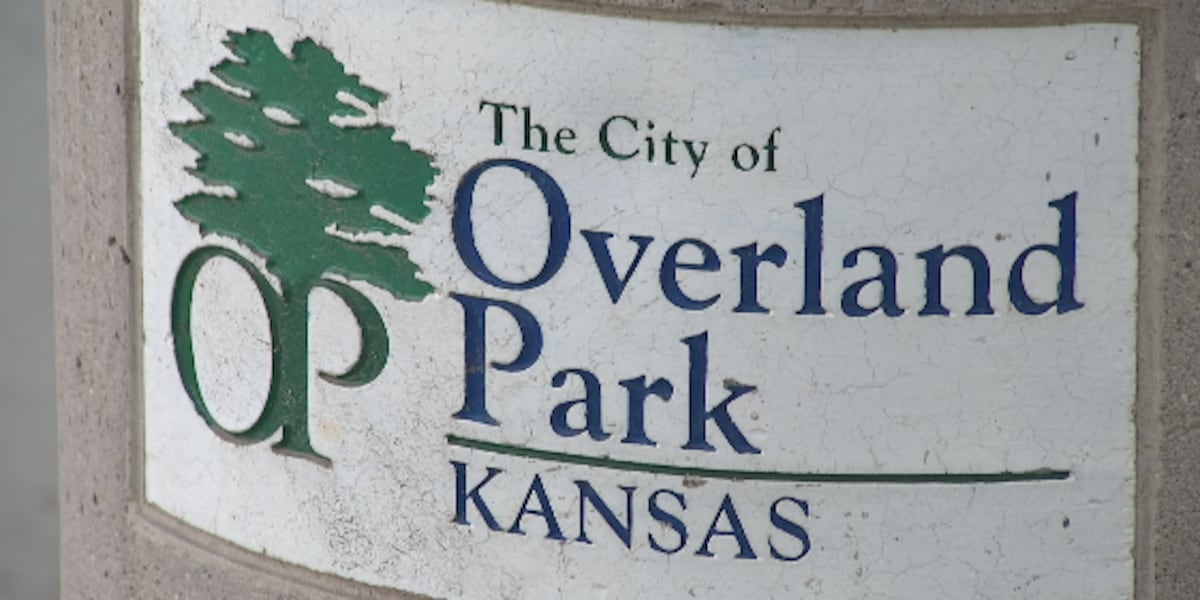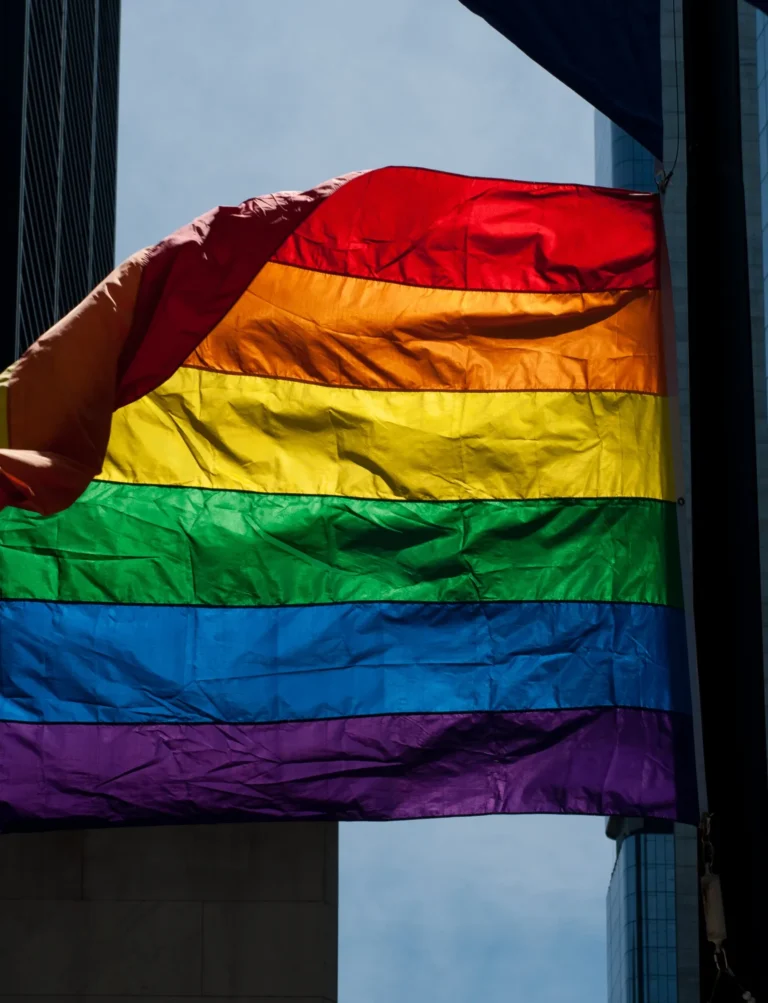Overland Park Eliminates Racist Language from Homeowners’ Deeds
Overland Park Bans Racist Language in Home Deeds
In a groundbreaking move towards equality and inclusivity, Overland Park, Kansas, has decided to eliminate racist language from homeowners’ deeds. This action not only represents a significant step forward in the ongoing fight for civil rights but also highlights the necessity for communities to confront their past in order to build a brighter future. Curious to learn more about this pivotal decision and its implications? Let’s dive in!
Understanding the Context
Before we dissect this remarkable change, it’s essential to understand the backdrop against which this decision was made. Many areas across the United States, including Overland Park, have seen their property deeds laden with prejudiced language—a hangover from a time when discrimination was legal and widely practiced. Phrases that explicitly barred people of certain racial backgrounds from owning property, though antiquated, linger in archives, signifying a painful history that still reverberates through communities today.
Imagine stumbling upon a deed for your new home that contains outdated and offensive terms. That’s not just awkward—it’s a slap in the face to the progress we’ve made as a society. The recognition of such language in property records is like finding an old skeleton in the closet. Instead of hiding it away, Overland Park is boldly throwing open the doors.
The Decision’s Significance
So, why is this decision so significant? Well, think about it: property deeds are more than just legal documents; they’re a reflection of a community’s values and identity. By removing these discriminatory phrases, Overland Park is sending a strong message: everyone belongs here, regardless of their race or background.
Breaking Down the Change
Now, let’s break down what exactly this decision entails. The city’s governing body has voted unanimously to amend existing deeds to eliminate any mention of race or ethnicity. This includes:
- Removing language that specifically discriminates against racial groups.
- Updating the language to reflect a more inclusive and modern understanding of community.
- Educating homeowners about these changes and the history behind them.
In legal terms, this isn’t just a symbolic gesture; it carries weight. The amended deeds will serve as a pragmatic correction to a historical wrong, allowing current and future homeowners to feel secure and valued in their own homes.
The Community Response
What does the community think about this monumental shift? Generally, the response has been overwhelmingly positive. Many residents see this as a necessary action toward reconciliation and healing. However, as with any change, there are also skeptics. Some argue that this move might be too politically correct, claiming it’s unnecessary.
But let’s flip the script for a moment—how would you feel if your right to own property depended not on your merits but on your race? For many, this isn’t just a policy change; it’s a chance for healing and belonging. The acknowledgment of past wrongs can pave the way for a more inclusive community.
The Broader Implications
This initiative by Overland Park sets a precedent—and it’s one that other cities should take note of. As more communities take similar actions, we can expect to see an overall cultural shift toward inclusivity. When you start normalizing the elimination of racist language in legal documents, it’s not just about those documents; it’s about changing hearts and minds.
Why It Matters
You might wonder, “Why should this even matter to me?” Well, imagine living in a society that recognizes the intricacies of its history, where every individual feels seen and appreciated. This kind of inclusive environment fosters community spirit, innovation, and finally, tranquility.
Here are some additional far-reaching benefits we could observe from this initiative:
- Encouragement for other cities to follow suit: Overland Park’s actions could spark a wildfire of similar reforms across the nation.
- Civic pride: Residents might feel a renewed sense of pride in their community and its values.
- Historical awareness: The conversation spurred by this decision encourages people to learn more about the history of discrimination and its lingering effects.
How Can We All Contribute?
You might still be wondering what you can do to support this change or even inspire similar reforms in your community. It all starts with awareness and education. Engage in conversations about race relations and property rights in your area—after all, knowledge is power.
Here’s how you can contribute:
- Educate yourself and others: Read about the history of discriminatory practices in housing.
- Advocate for change: Reach out to your local government representatives and express support for initiatives aimed at inclusivity.
- Get involved: Join community organizations that focus on social justice and equity.
- Stay informed: Keep an eye out for legislation that could impact your community’s values.
Conclusion
In conclusion, Overland Park’s decision to eliminate racist language from homeowners’ deeds stands as a beacon of hope and progress in the journey toward equality. This move is not merely about updating legal language but about embracing a future where every individual can feel welcome and valued in their community. By taking this courageous step, Overland Park isn’t just correcting a historical wrong; they’re putting a leg down on the path toward inclusivity and unity.
Now, what will you do to support similar changes in your hometown? Change starts with us, after all!
FAQs
1. What kind of language was removed from the homeowners’ deeds?
The city eliminated any phrases that discriminated against individuals based on race or ethnicity, allowing for a more inclusive property ownership environment.
2. Why is this decision significant?
This decision reflects a commitment to addressing historical injustices, promoting inclusivity, and fostering a sense of belonging for all residents.
3. How has the community responded to this change?
The general response has been positive, with many residents expressing support for the move, though some skeptics remain.
4. Can other cities follow Overland Park’s example?
Absolutely! This initiative can inspire other cities to take similar actions to correct historical wrongs and embrace inclusivity.
5. How can individuals support similar initiatives in their communities?
Individuals can educate themselves and advocate for change by participating in discussions about race and property rights, as well as engaging with local representatives.







